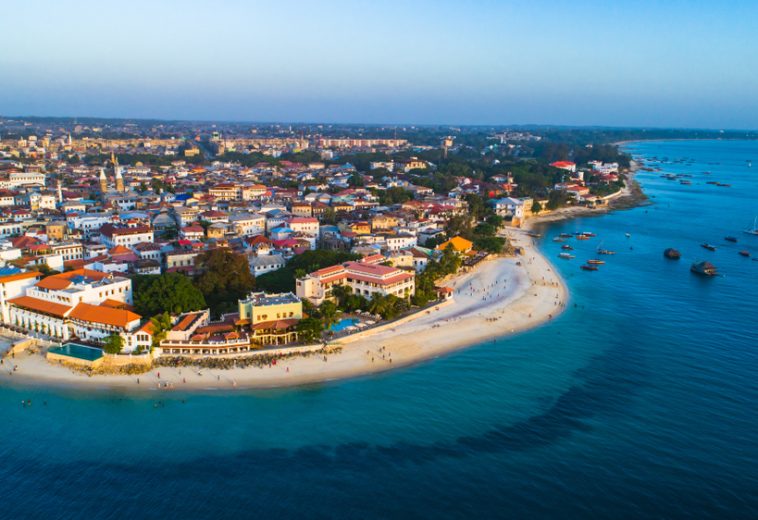Across Africa, a fascinating synergy has emerged. Modern medicine, with its advanced technology and pharmaceuticals, coexists alongside traditional medicine systems, steeped in ancient wisdom and rooted in the continent’s rich cultural heritage. This work discusses the multifaceted role of traditional medicine in modern African healthcare, exploring its practices, effectiveness, the challenges of regulation, and its enduring cultural significance.
Traditional African medicine (TAM) encompasses a diverse range of practices that vary considerably across regions and ethnicities. It is often characterized by a holistic approach, treating the mind, body, and spirit as interconnected. Traditional medicine (TAM) is a holistic approach that uses plants and spiritual practices to treat various ailments. It involves rituals, prayers, and offerings to appease ancestors and deities, and may also involve divination techniques to diagnose illnesses and determine appropriate treatment. Dr. Abena Boachie, a Traditional Healer in Ghana, emphasizes the importance of restoring balance and harmony.
Unveiling the Power of Plants and Rituals
Traditional African Medicine (TAM) is gaining traction due to its potential in treating malaria, diabetes, and skin conditions. Studies have shown the efficacy of plants used in TAM, and its spiritual aspects can provide emotional support and promote healing through the placebo effect. The World Health Organization (WHO) recognizes TAM’s potential and encourages its integration into national healthcare systems. However, regulating TAM presents a complex challenge, as it must balance the preservation of cultural heritage with ensuring safety and efficacy.
Several African countries have established Traditional Medicine Councils to develop guidelines for practice, standardize herbal remedies, and ensure patient safety. However, resource limitations and the vastness of TAM practices make comprehensive regulation an ongoing endeavor.
Beyond Physical Healing
The significance of TAM transcends its medicinal applications. It is deeply woven into the cultural fabric of African societies. TAM practitioners are often seen as community leaders and trusted advisors who provide not just medical care but also social and spiritual support. “Traditional medicine is not just about herbs; it’s about connecting with our ancestors and the wisdom passed down through generations.” – Chief Mgcineni Zondi, South Africa. Preserving TAM knowledge systems is vital for safeguarding cultural heritage and ensuring its continued relevance for future generations.
READ ALSO: African Entertainment Meets the Metaverse
Collaboration and Integration
The future of African healthcare depends on collaboration and integration, with modern medicine benefiting from TAM knowledge. Standardizing and integrating TAM practices into primary healthcare systems can expand access to affordable services in rural areas. Investment in research, education, and community engagement are crucial for fostering collaboration between traditional healers and modern medical professionals. Building trust and involving communities in developing healthcare policies that respect traditional practices is also essential.
Traditional medicine is not a relic of the past but a vibrant and dynamic force in modern African healthcare. By embracing the strengths of both traditional and modern systems, fostering collaboration, and investing in research, Africa can create a more inclusive and effective healthcare landscape that caters to the physical, spiritual, and cultural well-being of its people. As Nelson Mandela aptly stated, “Traditional healers are a treasure that Africa possesses.” It’s time to unlock this treasure’s full potential for a healthier future.


